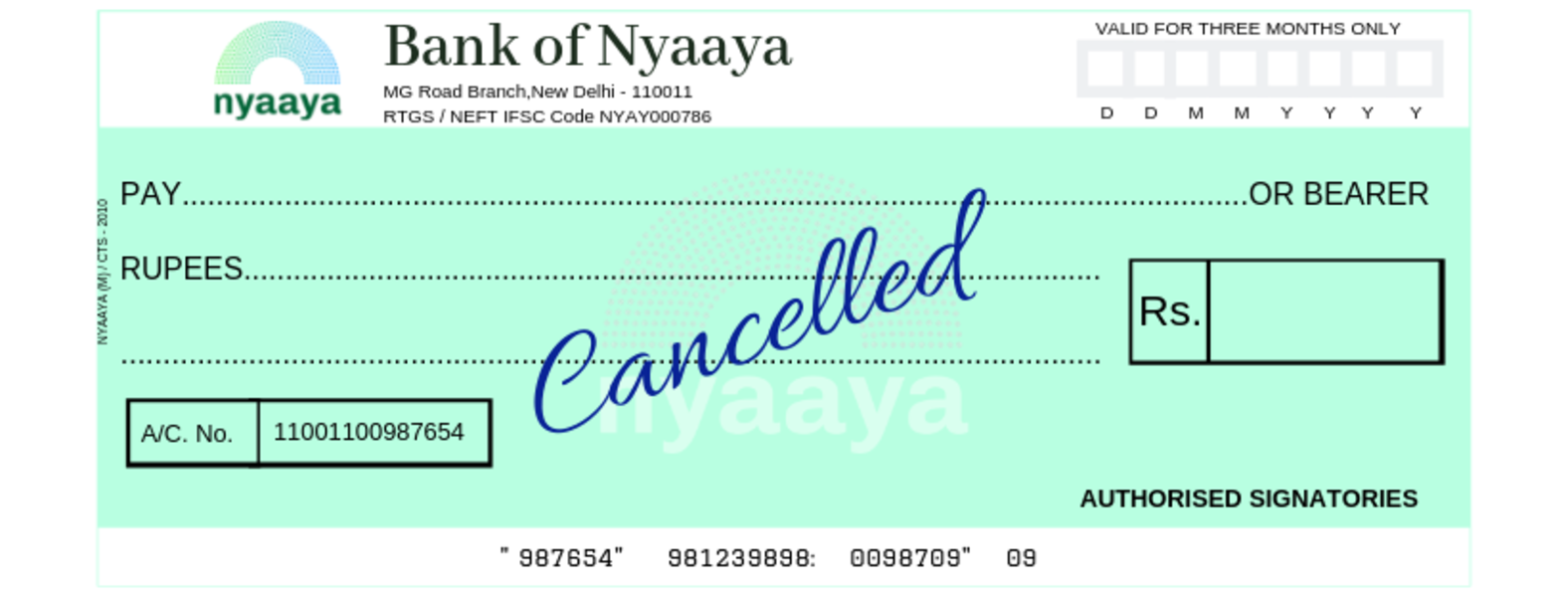Public utility services are facilities provided by the Government, which are essential to a citizen’s needs. For instance, these services include, the supply of water to homes, supply of electricity, the postal system, the banking system, railways, etc. The consumer protection law enables consumers to file complaints about these public utility services.
Examples of public utility services
Some examples of public utility services include(( Section 22A(b), Legal Services Authorities Act, 1987.)):
- Transport service for carrying passengers or goods by air, road or water
- Postal services
- Telephone services
- Power facilities
- Lighting facilities
- Water facilities
- Insurance service
The law recognizes public utility services as “establishments” under the law. This means that the local branch offices of a public utility service which are establishments, can be held liable in the same way as its main central authority. For example, if one has a complaint against the local water department, one can file a complaint against the local/district department itself, and not against the Central Water Commission. Other than the mainstream consumer protection laws in India, Permanent Lok Adalats can also be approached to request for good standards of public utility services at a district level(( Section 22B, Legal Services Authorities Act, 1987.)).
Complaint Mechanisms
Obstructing or not providing a public utility service
If someone is obstructing, stopping or not providing you with a public utility service, you can file a complaint with the National Government Services Portal. The Portal, though not exclusively dedicated to consumer services, has a wide range of public services against which consumers can file grievances. Issues such as commodity rates (prices of gold, silver etc.), monitoring ration cards, etc. can easily be done by visiting the National Government Services Portal. Among other things, the portal provides a user with information on the consumer complaint forum, state- wise break up on details of the Public Distribution System etc. Even complaints about the Bureau of Indian Standards can be filed here. This means that consumers can file a complaint about the quality of a BIS-certified product, Hallmarked products, misleading advertisements about the BIS standard, etc.(( Consumer Protection, Bureau of Indian Standards, accessed at https://bis.gov.in/other/consumer_affairs.htm#:~:text=%2D%20Through%20Online%20Complaint%20Registration%20on,Head%20(Consumer%20Affairs%20Department).))
Postal, telecom and banking services
The Department of Administrative Reforms and Public Grievances’ (CPGRAMS) portal is very useful to file complaints about postal services, telecommunication, banking services, insurance services, school and education, road transport, natural gas, etc.
- The postal department deals with issues such as delay, non-delivery, pensions, insurance (postal service), corruption charges, e-commerce related problems, AADHAR related issues, etc.
- The telecom department deals with issues related to mobile, broadband, landline, pension, employee, malpractices and corruption. Complaints about telecom facilities can be filed at the telecom grievance portal.
- The banking and insurance division deals with issues related to bank lockers, deficiency in customer service, education and housing loans, NBFCs, Pradhan Mantri schemes, fraud, mobile banking, misappropriation, harassment, loan settlement, etc. Complaints about banking facilities can be filed at the RBI complaints portal. Complaints can also be filed to the Banking Ombudsmen, who are senior officials appointed by the RBI to redress customer complaints against deficiency in certain banking services.
Water, sanitation and electricity
Some states such as Karnataka, Tamil Nadu and Andhra Pradesh have implemented electricity call services for making complaints about electricity service. For complaints related to water services, customers can lodge grievances at the Ministry of Drinking Water and Sanitation grievance portal.
The issues listed above are only indications of the kinds of complaints that can be made, and it is not an exhaustive list.
